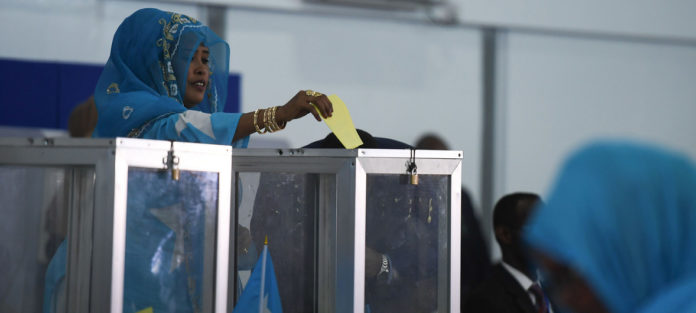On the occasion of the International Day of Democracy (September 15), the United Nations Independent Expert on the Promotion of a Democratic International Order, Alfred de Zayas, asserted that democracy and self-determination are crucial to the prevention of national, regional and international conflicts, but are threatened by the spread of 'fake news', incomplete information and political correctness.
According to UN Experts, "democracy is essential to achieving a more just world order. Only by truly thinking about people's interests can governments stem the disillusionment, exploitation and conflict that afflict the world today."
At a time when democracy appears vulnerable around the world, UN Secretary-General António Guterres is calling for it to be strengthened and for solutions to be found to the difficulties that threaten it. According to the UN chief, "we need to tackle both economic and political inequalities. We need to make our democracies more open, by involving young people and the marginalized in the political order, more innovative and better adapted to unprecedented problems."
To build a future that leaves no one behind, we need to address some essential and pressing questions. For example, what impact will migration and climate change have on democracy for the next generation? How can we make the most of technological advances while avoiding the dangers they entail? How can we improve governance so that democracy translates into a better life and fully meets the aspirations of humanity?
This year's theme focuses on democracy and conflict prevention. The theme highlights the need to strengthen democratic institutions in order to promote peace and stability.
According to the expert appointed by the United Nations Human Rights Council, true democracy requires education, access to multiple and reliable sources of information and opinion, good-faith consultation with all those affected by decisions, and open debate free from intimidation, ostracism and the constraints of 'political correctness'. "This means combining majority rule with respect for minority opinions and the human dignity of all," he added.
Mr. Zayas reiterated that a true democracy cannot function properly without a pluralistic and free press, "but 'fake news', 'manipulation' and campaigns narrowly focused on fashionable issues confuse and corrupt the democratic process".
For the expert, governments are not the only players engaged in the dissemination of fake news - "information that is false or deliberately divergent". The private sector, corporate media and other conglomerates are also involved in this type of dissemination.


